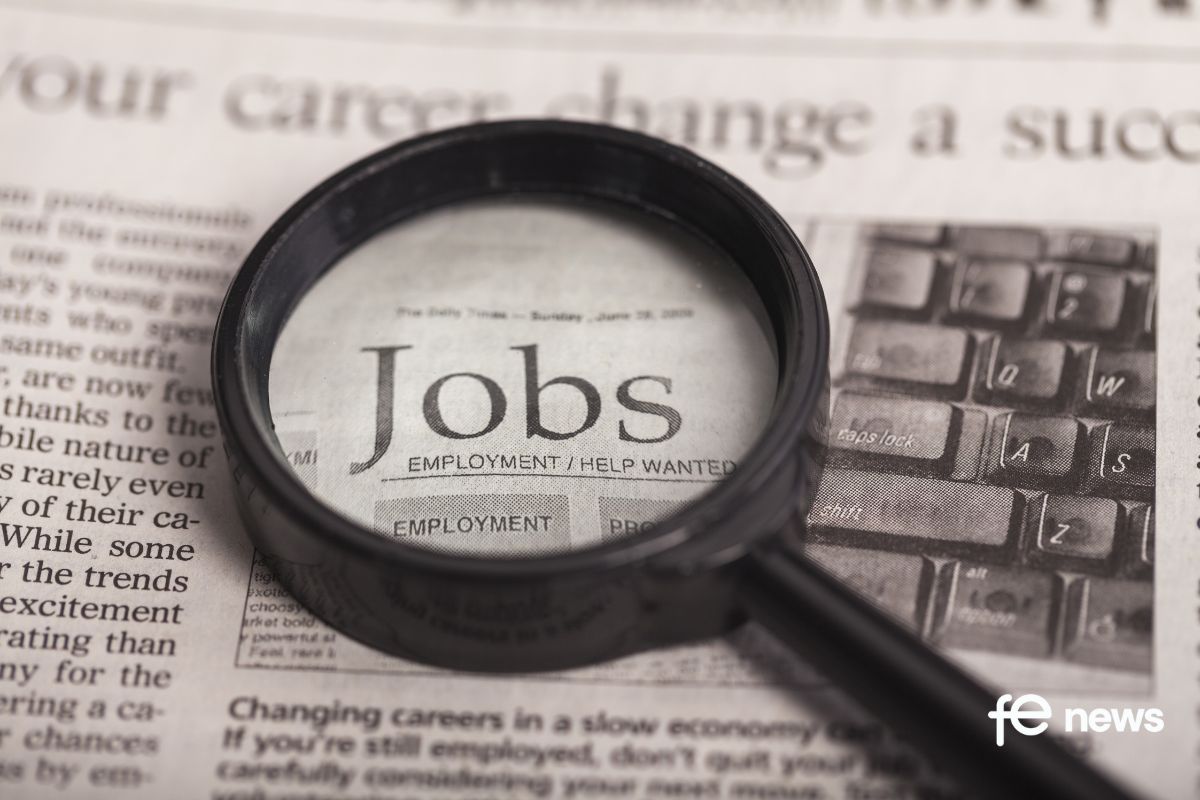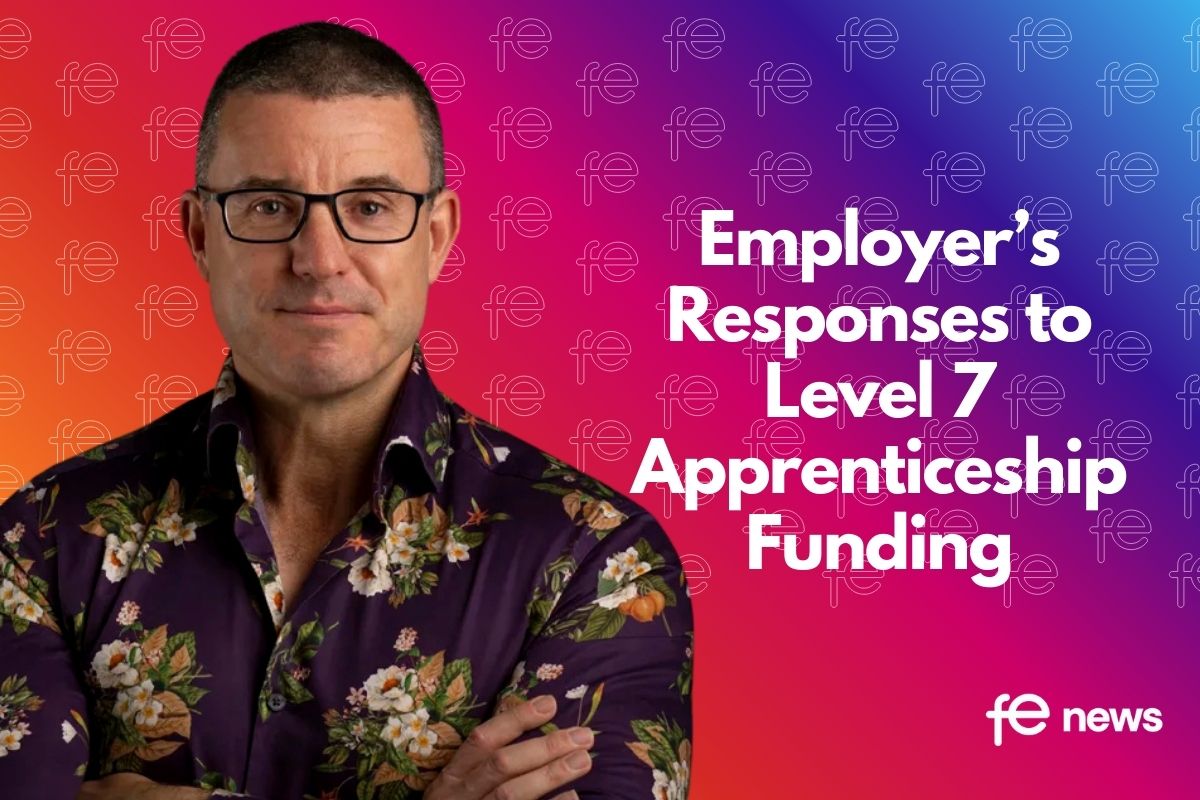Can employees refuse to return to the workplace after the lockdown ends?

Frightened workers self-isolating to protect vulnerable loved ones shouldn’t be punished, says @UNISON
The government must do more to protect key workers threatened with dismissal or put on unpaid leave if they’re off work self-isolating because of vulnerable relatives, says UNISON today (Wednesday).
Anxious staff have come to UNISON with heartbreaking stories, terrified that if forced to go into work, they might take the virus home – with potentially devastating consequences.
Local government and NHS employers have put agreements in place to protect the income of any staff off work because of the health of family members. But some employers – including councils and schools – are instead using Public Health England (PHE) guidance to compel frightened staff to go into work, says UNISON.
The PHE guidance states that staff with shielding or clinically vulnerable family members can still go to work, so long as they observe social distancing both at their workplace and home.
But many workers have jobs where social distancing isn’t possible – such as in schools or care homes – or live in houses or flats that are simply too small to make this a practical option, says UNISON.
As a result, workers who have, for example, partners with cancer or severe asthma, children with cystic fibrosis or frail and elderly parents, are faced with the unenviable choice of being forced to work or left with no income.
Kate Palmer, Associate Director of Advisory at Peninsula, said:
“In normal circumstances, staff refusing to come into work could potentially be treated as misconduct, provided they have no valid reason for doing so. However, the upcoming post-lockdown weeks are set to be far from normal. For many, the prospect of returning to work with the coronavirus continuing to pose a significant risk to the public may be very unsettling and cause them to act in ways they would otherwise not to. Therefore, while employers could consider disciplining staff who refuse to attend work, they should proceed carefully.
“Where workers are coming in daily, employers should work to reassure any nervous employees that they aren’t being put at risk by being asked to return to work. Communication should be maintained with the workforce to ensure they are aware of any social distancing measures that have been put in place, in line with government guidance, to help protect them from contracting the virus.
“Companies can also demonstrate their commitment to safety by emphasizing efforts to deep-clean workspaces, making hand sanitizers and protective gear available, and restricting the number of visitors to the building. Implementing phased returns for some members of staff and putting into place new workplace layouts that maintain levels of distance between colleagues could also help to alleviate some of their concerns.
“In situations where a member of staff does refuse to come in, it is important to consider their specific circumstances before making any decision in how to respond to their actions. For example, an employee may fall into the high risk category, or their partner may have been advised by the NHS to shield for 12 weeks. Alternatively, the coronavirus pandemic may have made a previous mental health condition, such as anxiety, harder for the employee to manage. In these situations, employers could work to consider allowing a new or extended period of home working, or arrange for them to take time off as holiday or unpaid leave.
“Companies should always remember that employee safety has to be the priority during the initial return to work period. Requiring employees to work in an environment that puts their health and safety at risk could serve to breach an employer’s duty of care.”
In a letter to health secretary Matt Hancock, UNISON general secretary Dave Prentis has asked the government to extend the furlough scheme beyond private companies
This would allow staff working for employers that receive public money to help provide services – for example, charities, businesses providing contract cleaning or catering services for hospitals and schools, or nurseries receiving state support to provide free childcare – to qualify for government assistance if they self-isolate.
The letter also asks that employees off work because they’re protecting vulnerable loved ones be treated the same as those in self-isolation and therefore eligible for statutory or occupational sick pay and leave.
Commenting on the letter, UNISON general secretary Dave Prentis said:
“Key workers are being forced to choose between protecting vulnerable loved ones or losing pay.
“Employers putting their staff under pressure need to stop hiding behind public health guidance and use more common sense. Leaving staff with no income when there are other options to pursue is simply wrong.
“UNISON has put forward simple solutions that we hope ministers will take on board before more livelihoods and, potentially, lives are lost.”
Some of the stories reported to UNISON include:
- A care worker self-isolating to protect his pregnant nurse wife said: “I need to work but need to protect my family first. I have a wife, a six-year-old and a new baby on the way. We live together in a one-bedroom flat. My managers say I don’t qualify for the furlough scheme and as a migrant worker I don’t qualify for help from the state, so I have no income. We don’t even qualify for food parcels for my young son. It’s a challenging time, but we’re committed to supporting the NHS, so I’ll find a way to survive until we can work again.”
- A mortuary worker said: “I’m used to dealing with infectious diseases and take precautions in the mortuary. The problem is the other people who come into my workplace. I’m fine working with Covid-19 patients who’ve sadly passed, it’s the living I’m worried about. I’ve a wife and child who are both shielding due to lung conditions and they’re terrified I’ll infect them. It’s a real worry for us. Managers have offered to redeploy me, but the nature of the work means maintaining social distancing isn’t always possible. I’m not trying to get something for nothing, I’ll gladly take reduced pay. I just want to protect my family.”
- A school caretaker whose wife and young child are both shielding on government advice and who hasn’t been paid for over a month said: “We feel like we’re forgotten. I can’t see any light at the end of the tunnel. I told my manager I’d start early or work at the end of the day to limit my exposure to the threat of the virus, because there’s little chance of social distancing in a primary school – you can’t stop kids sneezing and coughing – but they said no. If my wife wasn’t disabled, I’d move out to protect the family, but that’s not an option because my daughter’s also unwell. I’ve told my two older boys, who’ve been furloughed from their jobs, that if they go back to work they’ll have to move out to protect their mum and sister. We have no income and we’re getting into debt. It’s hard to know what else we can cut back on. I’m low paid anyway, so not having any money coming in is causing massive amounts of stress and anxiety.”
Vulnerable groups include the over 70s, the pregnant, people with serious underlying health conditions and those identified by the government as needing to be shielded.
The text of the letter sent to Matt Hancock:
Dear Secretary of State
As the general secretary of the UK’s largest union I write to raise a major concern that is being shared with us.
Some public service workers facing the risk of contracting Covid-19, live with people who are shielding under government or medical advice or are a member of a vulnerable group (i.e. those with an underlying health condition, pregnant or over 70).
Agreements have been reached in some areas that allow all such workers to work from home or isolate to shield their loved ones, for instance those covered by the NJC for local government and the NHS. However, the current PHE guidance is weaker than these agreements and suggests that such workers can still attend work, whilst advising social distancing at home.
Sadly, some employers are insisting that these workers must go to work, threatening them with dismissal, disciplinary action or at best unpaid leave, if the worker seeks to stay away from work to protect their family. A few employers have offered to furlough workers, although this is not an option for public service workers, under the current rules of the Job Retention Scheme (except for exceptional circumstances).
We have heard heartbreaking stories from workers whose partners have long-term health conditions such as cancer, or whose children have cystic fibrosis or who have frail and elderly parents, who cannot socially distance and are being forced to work or threatened with dismissal. As a result, some social care workers have had to leave their families altogether and move into the care homes they work in or are camping in the grounds.
We ask that the Government takes all possible steps to protect these key workers and their vulnerable families. The government should also amend the furlough options for such workers in publicly funded, private and community organisations. We also ask that these workers are treated similarly to those in self-isolation and therefore eligible, if they chose, for statutory or occupational sick pay and leave.
No employee should be forced to choose between facing dismissal or putting their loved ones in danger.
Please can you give this matter your urgent consideration.
Dave Prentis, general secretary, UNISON











Responses